The Evolution of Cooperation: Revised Edition
By Robert Axelrod
Category
StrategyRecommended by
"The Evolution of Cooperation" by Robert Axelrod explores the concept of cooperation and how it shapes human interaction. Drawing on various disciplines such as economics, political science, and biology, the author examines the benefits and challenges of cooperative behavior in different settings.
Axelrod begins by presenting the famous Prisoner's Dilemma, a game theory scenario that underscores the potential conflict between self-interest and cooperation. He then introduces the concept of iterated games, where individuals can interact repeatedly, allowing for the emergence of cooperation as a more beneficial strategy over time.
The book delves into the strategies that individuals can adopt to encourage cooperation in various contexts, ranging from international relations to everyday interactions. Axelrod highlights the power of reciprocity, whereby individuals can reinforce cooperation by reciprocating the actions of others. He also discusses the role of communication, reputation, and even punishment in fostering cooperative behavior.
Throughout the book, Axelrod uses real-world examples and simulations to illustrate his arguments, demonstrating how cooperative strategies can prevail over more selfish ones in competitive environments. He also explores the conditions necessary for cooperation to thrive, including the need for a credible threat and the possibility of forgiveness.
Ultimately, "The Evolution of Cooperation" offers valuable insights into the mechanisms behind cooperative behavior, shedding light on how individuals and societies can benefit from working together. It serves as a thought-provoking exploration of the power and potential of cooperation in our complex world.
Axelrod begins by presenting the famous Prisoner's Dilemma, a game theory scenario that underscores the potential conflict between self-interest and cooperation. He then introduces the concept of iterated games, where individuals can interact repeatedly, allowing for the emergence of cooperation as a more beneficial strategy over time.
The book delves into the strategies that individuals can adopt to encourage cooperation in various contexts, ranging from international relations to everyday interactions. Axelrod highlights the power of reciprocity, whereby individuals can reinforce cooperation by reciprocating the actions of others. He also discusses the role of communication, reputation, and even punishment in fostering cooperative behavior.
Throughout the book, Axelrod uses real-world examples and simulations to illustrate his arguments, demonstrating how cooperative strategies can prevail over more selfish ones in competitive environments. He also explores the conditions necessary for cooperation to thrive, including the need for a credible threat and the possibility of forgiveness.
Ultimately, "The Evolution of Cooperation" offers valuable insights into the mechanisms behind cooperative behavior, shedding light on how individuals and societies can benefit from working together. It serves as a thought-provoking exploration of the power and potential of cooperation in our complex world.
Share This Book 📚
More Books in Strategy
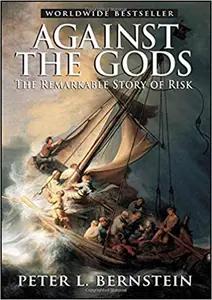
Against The Gods
Peter Bernstein

How To Decide
Annie Duke

A Few Lessons from Sherlock Holmes
Peter Bevelin
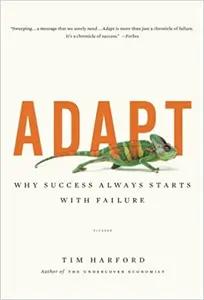
Adapt
Tim Harford

Clear Thinking
Shane Parrish

Competitive Strategy
Michael Porter

Deep Survival
Laurence Gonzales

Secrets of Power Negotiating
Roger Dawson

The Formula
Albert-László Barabási

The Hour Between Dog and Wolf
John Coates
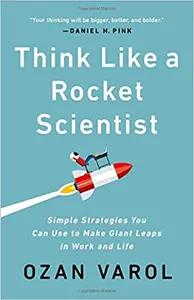
Think Like a Rocket Scientist
Ozan Varol

Think Twice
Michael Mauboussin

100 Deadly Skills
Clint Emerson

Bet With the Best
Andrew Beyer

Bringing Down The House
Ben Mezrich
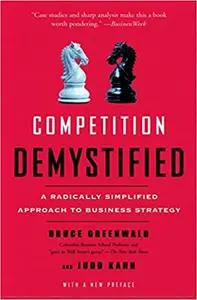
Competition Demystified
Bruce Greenwald

Diaminds
Mihnea Moldoveanu
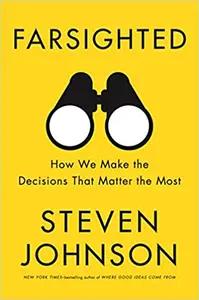
Farsighted
Steven Johnson

Fortune's Formula
William Poundstone

Getting Past No
William Ury

How Google Works
Eric Schmidt

How to Get Lucky
Max Gunther

In-N-Out Burger
Stacy Perman

Innovation and Entrepreneurship
Peter Drucker

Insanely Simple
Ken Segall

Payoff
Dan Ariely

Pebbles of Perception
Laurence Enderson

Play Bigger
Al Ramadan
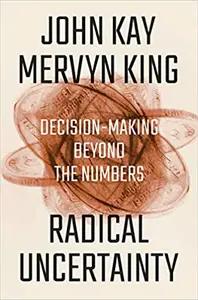
Radical Uncertainty
John Kay

Rational Decisions
Ken Binmore
Popular Books Recommended by Great Minds 📚

High Output Management
Andrew Grove

Lying
Sam Harris
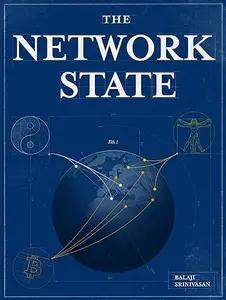
The Network State
Balaji Srinivasan

Measure What Matters
John Doerr

Range
David Epstein
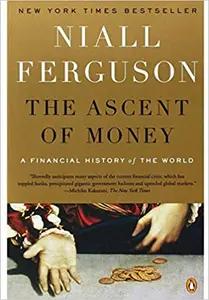
The Ascent of Money
Niall Ferguson

The Internet of Money Volume 1
Andreas Antonopolous

The Holy Bible
Various
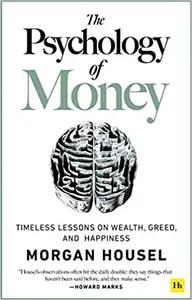
The Psychology of Money
Morgan Housel

The Moment of Lift
Melinda Gates

Can't Hurt Me
David Goggins

Siddhartha
Hermann Hesse

Mindset
Carol Dweck
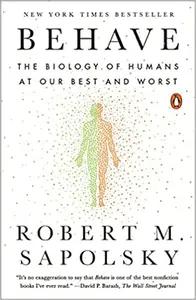
Behave
Robert Sapolsky
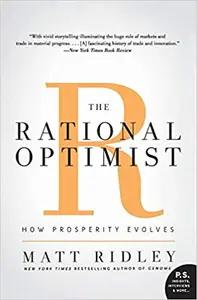
The Rational Optimist
Matt Ridley
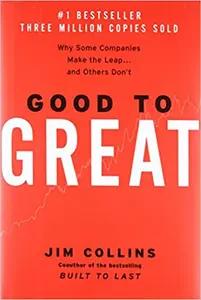
Good To Great
Jim Collins
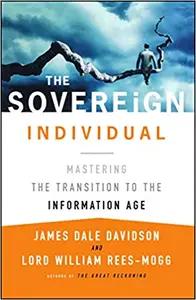
The Sovereign Individual
James Dale Davidson & William Rees-Mogg

American Kingpin
Nick Bilton

The Great CEO Within
Matt Mochary
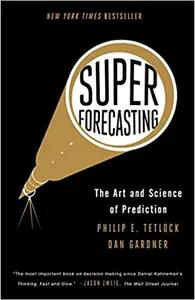
Superforecasting
Philip Tetlock
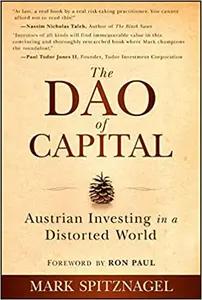
The Dao of Capital
Mark Spitznagel

Behind the Cloud
Marc Benioff

Thinking In Bets
Annie Duke

Blitzscaling
Reid Hoffman
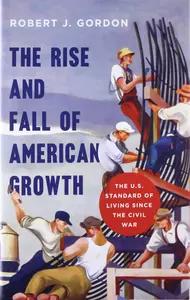
The Rise And Fall Of American Growth
Robert J. Gordon
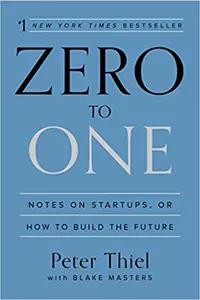
Zero to One
Peter Thiel

Hillbilly Elegy
J.D. Vance

The Checklist Manifesto
Atul Gawande

High Growth Handbook
Elad Gil

The Lean Startup
Eric Reis
